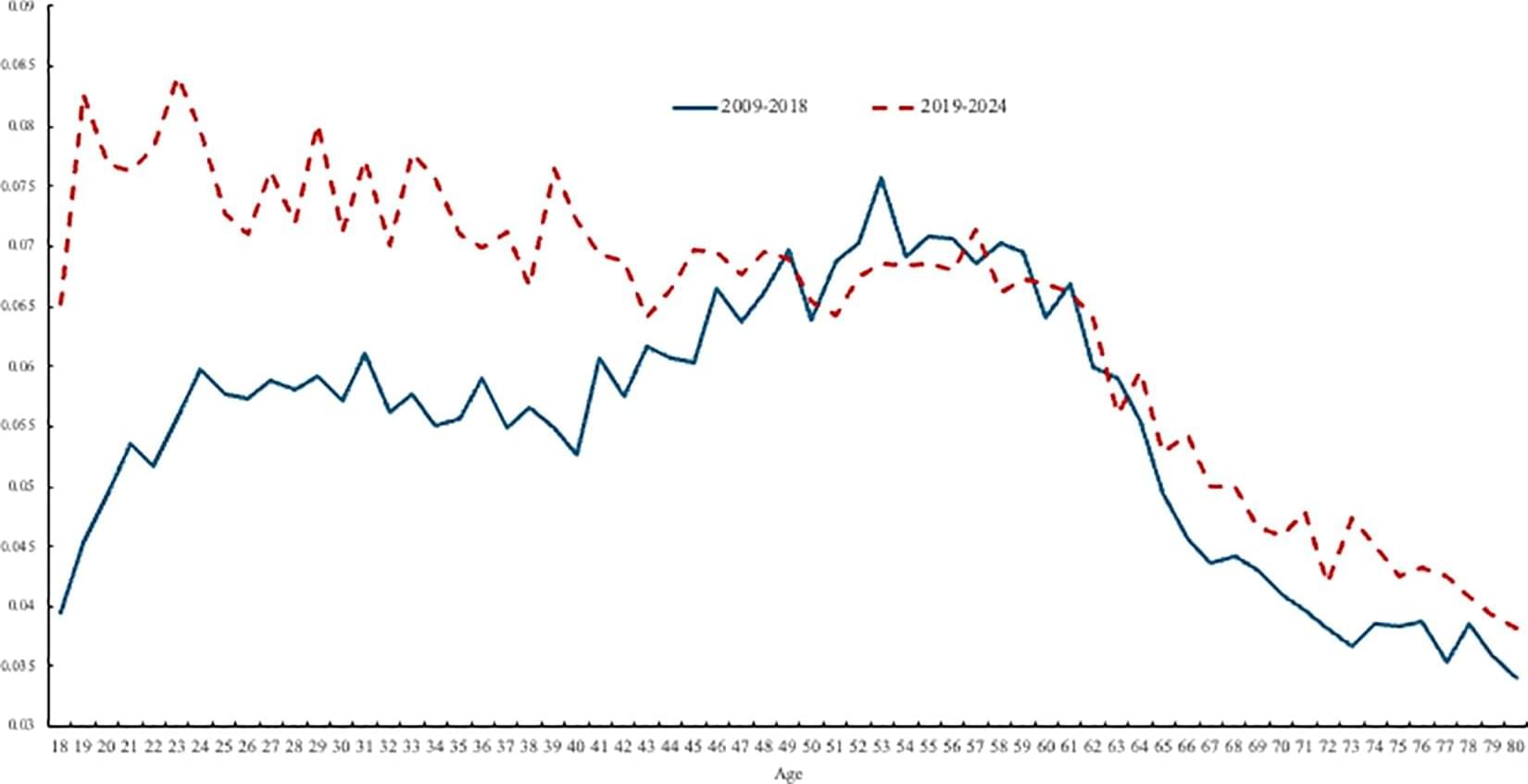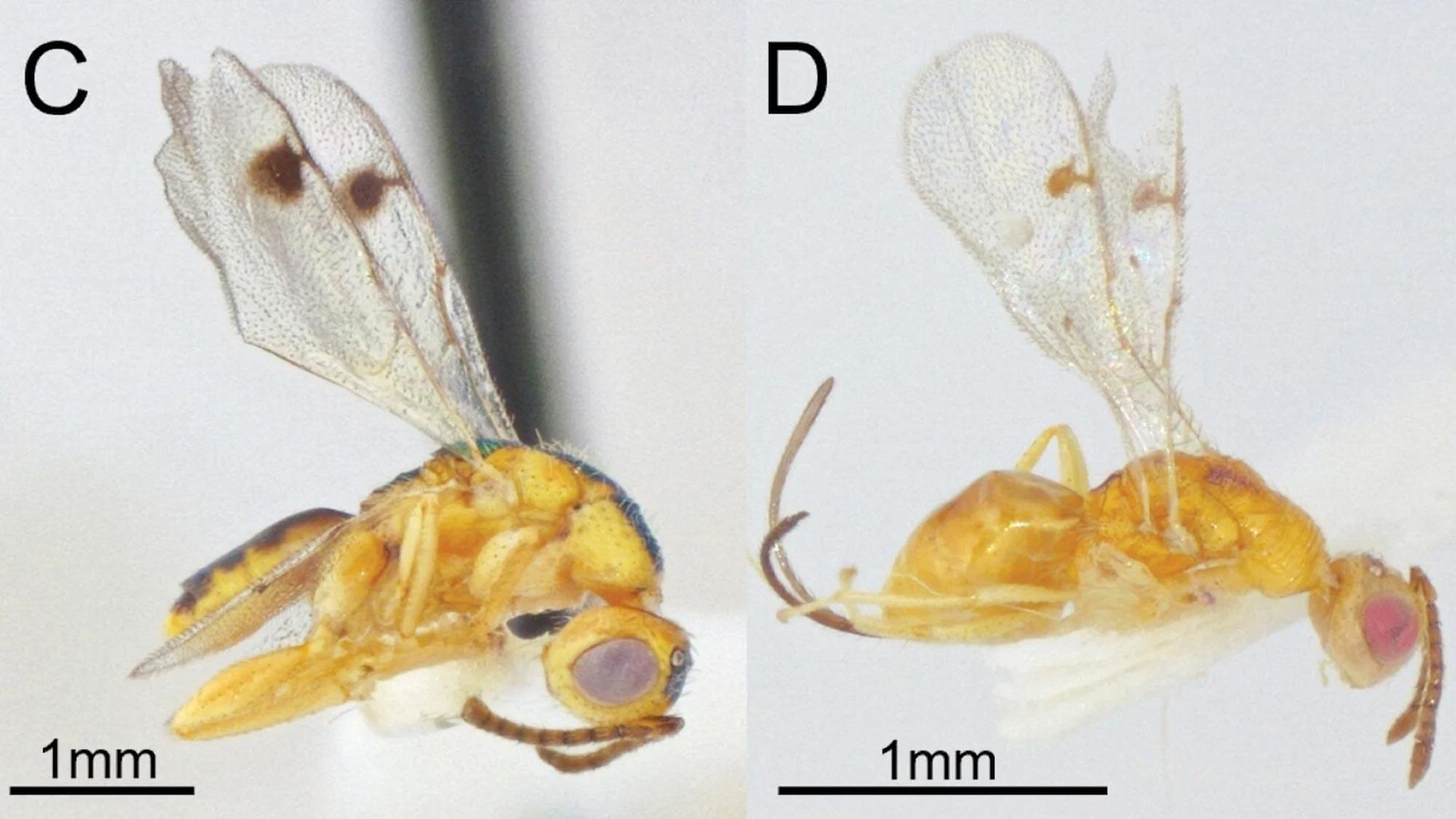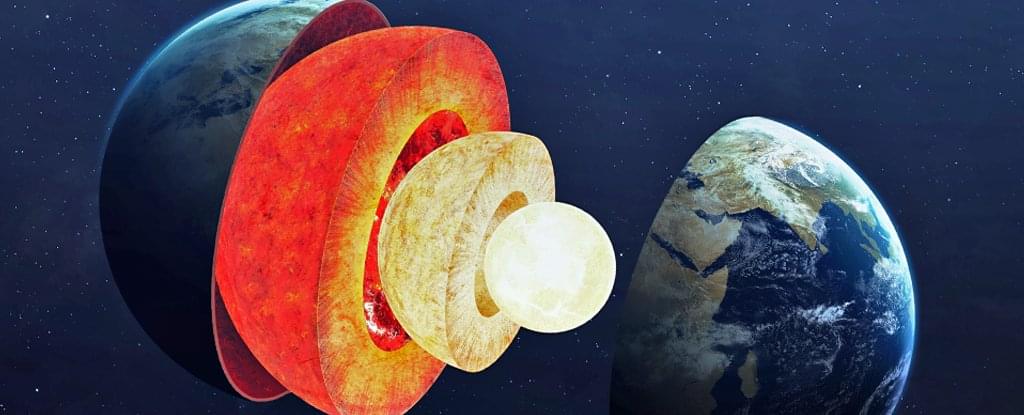The textbook picture of how planets form—serene, flat disks of cosmic dust—has just received a significant cosmic twist.
New research, published in Astrophysical Journal Letters, is set to reshape this long-held view. An international team of scientists, wielding the formidable power of the Atacama Large Millimeter/submillimeter Array (ALMA), has found compelling evidence that many protoplanetary disks, the very birthplaces of planets, are in fact subtly warped.
These slight bends and twists in the disk plane, often just a few degrees, bear a striking resemblance to the subtle tilts observed among the planets in our own solar system. This discovery suggests the initial conditions for planetary systems might be far less orderly than previously thought, with profound implications for how planets grow and settle into their final orbits.









